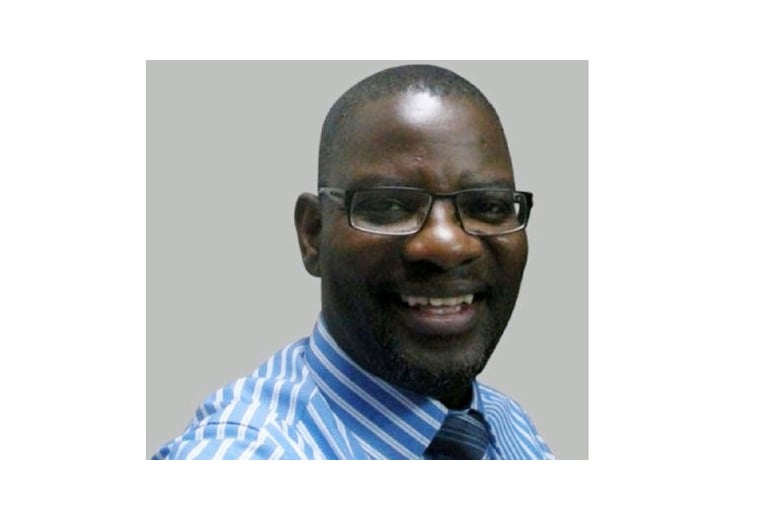Prime
The most prayerful continent lurches from problem to problem. Good Lord!

A man praying. PHOTO/FILE
What you need to know:
- These people pray, they care about the Lord, the Lord (supposedly) lives not just in Canada but everywhere and hears and answers prayers. But why have they fled Uganda? What do they have to show for hailing from a prayerful continent?
The New York Times published a front-page story about the conflict in Sudan that makes sad reading. It is a must-read, especially for individuals who make light of Africa’s problems and instead blame what they call Afro-pessimists for blowing those problems out of proportion.
The paper reported that the United Arab Emirates (UAE), a rich Persian Gulf nation whose commercial hub, Dubai, is better known than the country itself, is running “an elaborate covert operation to back one side in Sudan’s spiralling war — supplying powerful weapons and drones, treating injured fighters and airlifting the most serious cases to one of its military hospitals”.
The story was based on a months-long analysis of satellite imagery, video and other visual evidence — as well as interviews with current and former officials from the United States, Europe and several African countries.
A former Central Intelligence Agency (CIA) analyst on Africa quoted by the Times said the UAE was responsible for prolonging the conflict in Sudan, which pits Rapid Support Forces (RSF) leader Lt Gen Mohamed Hamdan against army chief Gen Abdel Fattah al-Burhan.
Since April, the conflict has killed 5,000 people, forced 420,000 refugees into neighbouring Chad and sucked in Egypt, Russia and the UAE. According to the Times, Gen Hamdan’s fighters have used Kornet anti-tank missiles, supplied by the UAE, to assault a fortified Armoured Corps base in Sudan’s capital, Khartoum.
One thing about this conflict is surprising and troubling. The continent where this conflict is raging is the most prayerful. And it is not just one conflict in Sudan. There is conflict and/or insecurity in the Democratic Republic of Congo, the Central African Republic, Ethiopia, Mozambique, Somalia, South Sudan, etc. When it comes to conflict and fragility, Africa is streets ahead of other regions.
Sudan, just like Egypt, Russia and the UAE, is a religious country. The UAE and Egypt are deeply religious. You would expect the UAE, given its deep-seated religiosity, to promote peace, not war, in Sudan and other countries. Yet, despite claiming that its intervention in the conflict is humanitarian, it is supplying weapons that are fuelling the war. And it has done the same in Ethiopia, Libya and Yemen.
Secular countries such as Denmark, Finland, Iceland, Norway and Sweden would never be caught doing what the UAE is doing unless they are helping a country fight aggression.
Seeing that the most prayerful continent lurches from one serious problem to another, and deeply religious countries are taking the lead in fomenting violence across Africa, it is tempting to ask whether being pious has any real value apart from hoodwinking gullible people into believing that humanity needs divine assistance.
The problems being created today by the UAE in Sudan may be still around in 15 years and will affect other countries despite daily prayers. It is about time younger people, who are the leaders of tomorrow, started questioning the relevance of religiosity in our lives. Ditching religiosity does not mean Africa will instantly become Switzerland, but how has it helped in solving Africa’s problems?
We see poverty wreaking havoc in Africa, turbocharging conflict, forcing younger Africans to flee countries they call home.
On his recent trip to Canada, the leader of the National Unity Platform (NUP), Robert Kyagulanyi, aka Bobi Wine, said the Dominion Church International was housing “hundreds” of Ugandan economic refugees.
These people pray, they care about the Lord, the Lord (supposedly) lives not just in Canada but everywhere and hears and answers prayers. But why have they fled Uganda? What do they have to show for hailing from a prayerful continent?
Mr Musaazi Namiti is a journalist and former
Al Jazeera digital editor in charge of the Africa desk
[email protected] @kazbuk



